Hollywood loves to take something that worked once and do it over for a new generation.
Case in point — The Hand That Rocks the Cradle, an updated take on the 1992 psychological thriller about a new mother who hires a nanny who harbors a secret connection to the mother as well as a dark motive.
The film was a box office smash at the time and was generally received well by critics, too.
The plot is certainly salacious, so it’s no wonder it was given another go. But is it worth streaming on Hulu?
Watch With Us says yes, and here’s why.
The Basic Plot Is the Same, But Also Completely Different
The plot of the 1992 The Hand That Rocks the Cradle is similar to the 2025 remake, but they differ crucially. 1992’s Cradle initially surrounds the death by suicide of an OBGYN. When he sexually assaults a pregnant woman named Claire (Annabella Sciorra), she goes to the police, and more women come forward. The doctor commits suicide, leaving his pregnant wife a widow. Years later, his widowed wife poses as a nanny for Claire, intent on getting her revenge.
2025’s Cradle has the bones of the original, in that it follows a new mother who hires a nanny who increasingly seems to have sinister intentions for the mother and her baby. But the backstory that links the two women is entirely different, and there’s no suicidal obstetrician pervert husband involved at all. This allows the film to have a completely fresh take on the material.
The New Cast Is Fresh and Fantastic
While the original film features great performances from Annabella Sciorra as Claire and, in particular, Rebecca De Mornay as the unhinged nanny, Mrs. Mott, the new Cradle has a brand new cast of talented actresses. In place of De Mornay as Mrs. Mott, we now have scream queen Maika Monroe as Polly Murphy, but this film allows her to do something a little different —while she usually plays the final girl, this time she gets to be the tormentor.
The surrogate for Claire Bartel is named Caitlyn Morales, played by Birds of Prey and Ashoka actress Mary Elizabeth Winstead. As Caitlyn, Winstead makes it clear through the physicality of her performance that she harbors a secret, which is causing her reactions to Polly’s presence to be so intense. We won’t give away any spoilers, but the secret Caitlyn holds, which links the two women more so than the original, ultimately takes its toll on her, and Winstead does a fantastic job of evoking this unspoken emotion.
The Remake Skillfully Explores Contemporary Anxieties
A crucial thing that differentiates the original Cradle is that there was very little background check done when Mrs. Mott was hired, which is how her past and her connections to Claire were able to go unnoticed. But now, with social media and the internet, you might be wondering how the same mistake could happen a second time. Well, neu-Cradle makes the case that, even with all the information still at our disposal, people can still evade the truth.
Ultimately, people are more trusting when they need something from the other person, and the willingness to wave away red flags increases, too. Think of how easy it is to take on different identities and scam people in the age of social media and dating apps— ever heard of the Tinder Swindler? Thus, it makes sense how the plot of neu-Cradle unfolds despite the trusting suburbanism of the ’90s, done away in favor of the hyper-vigilant 2020s. Even though we know so much more, we somehow manage to know even less.
It Has Something Interesting to Say About Nannying and Motherhood
As much as The Hand That Rocks the Cradle is about deception and redemption, it is also very much about motherhood. In fact, the name of the film comes from a poem of the same name by William Ross Wallace, which speaks to the divinity of motherhood. And yet mothers are treated far differently from something divine, which is evidenced in director Michelle Garza Cervera’s film. At one point, Caitlyn’s husband, Miguel (Raúl Castillo), dismisses her fears of Polly as postpartum depression.
At the same time, the film seems to be commenting on the way parents very quickly choose to offload their children to a stranger instead of taking on the challenges themselves — which is not always the fault of the parent, but rather of societal and financial conditions that may force them to work and be out of the house. Either way, the fundamental message of the film seems to be that nannying and mothering are both fraught and undervalued. With her take on The Hand That Rocks the Cradle, Cervera does a great job at creating something new out of something old.

 17 hours ago
1
17 hours ago
1



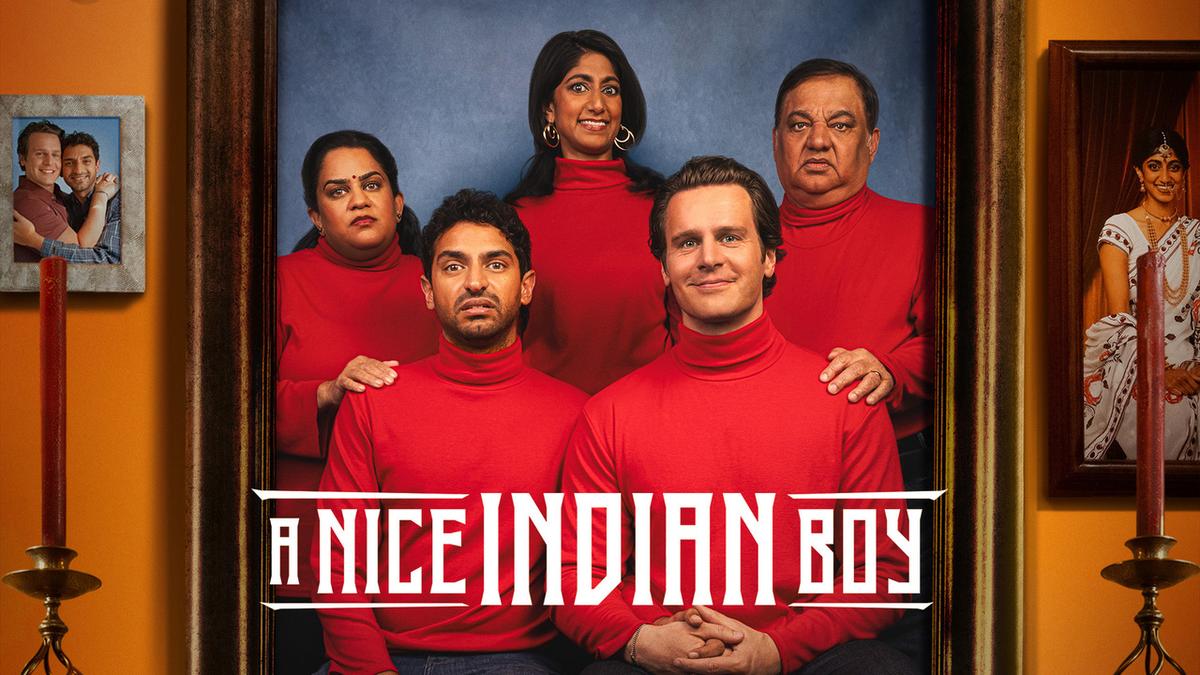
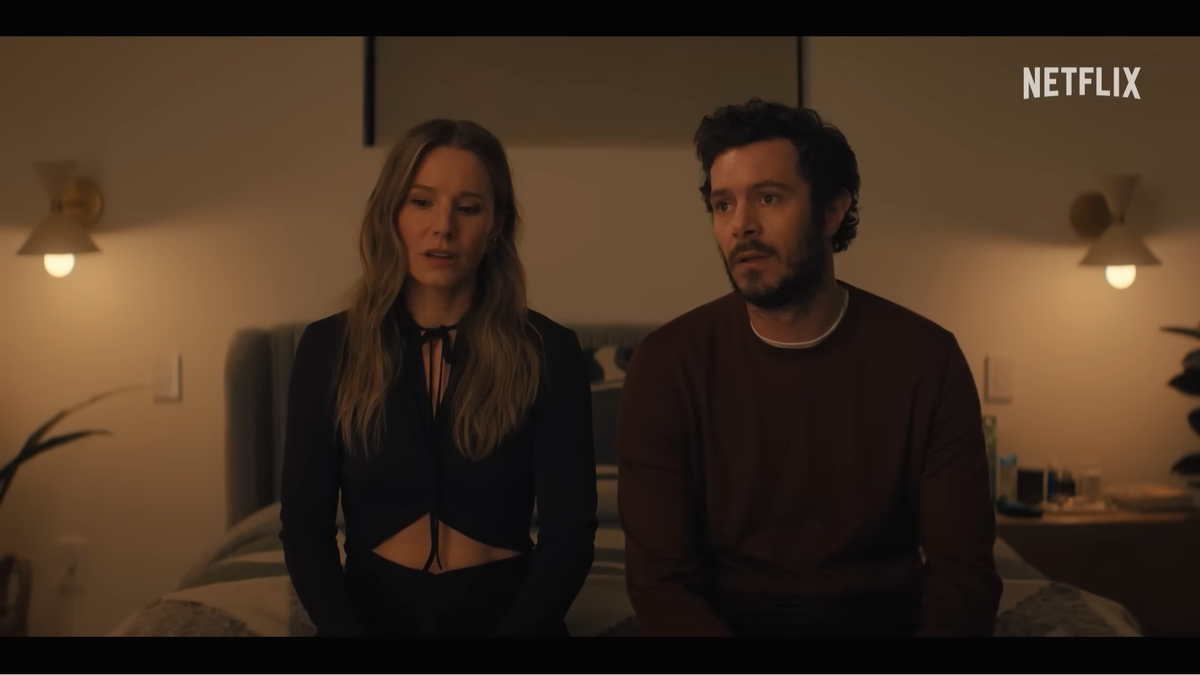

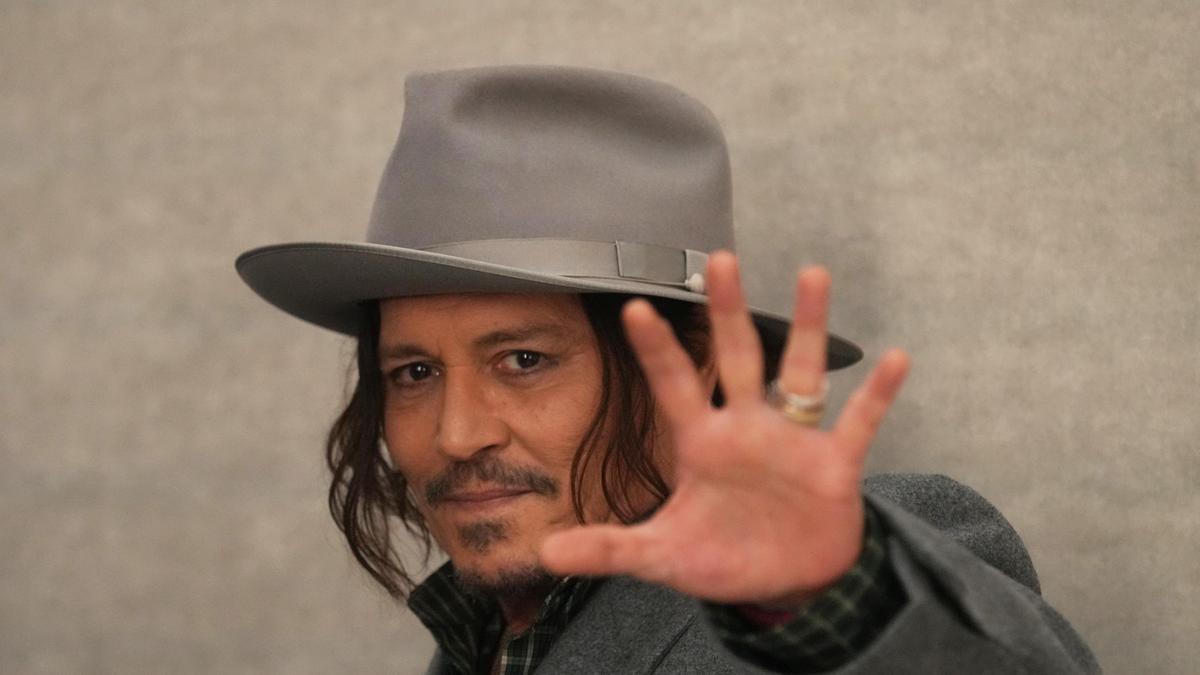
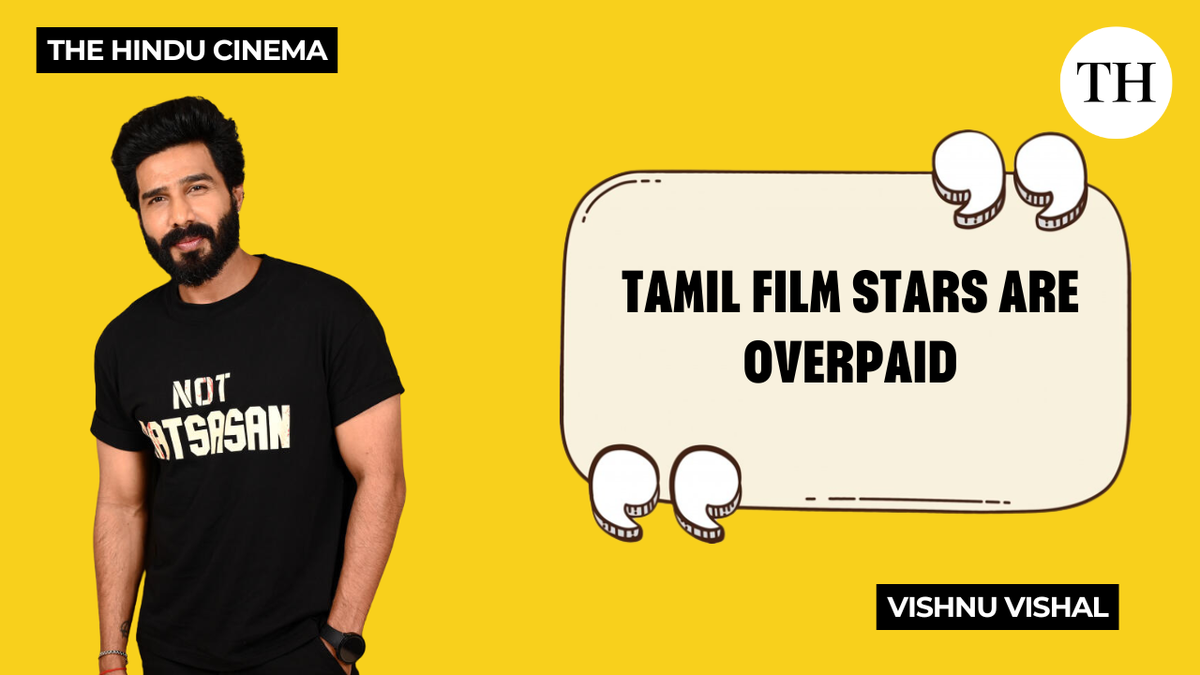
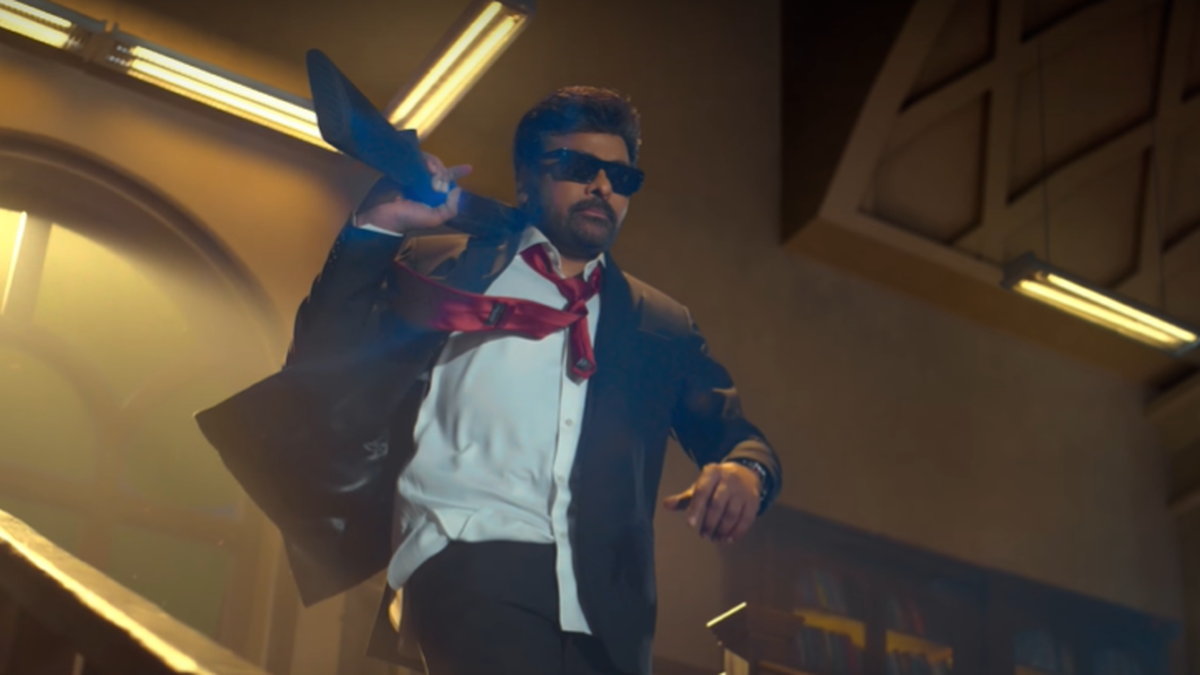




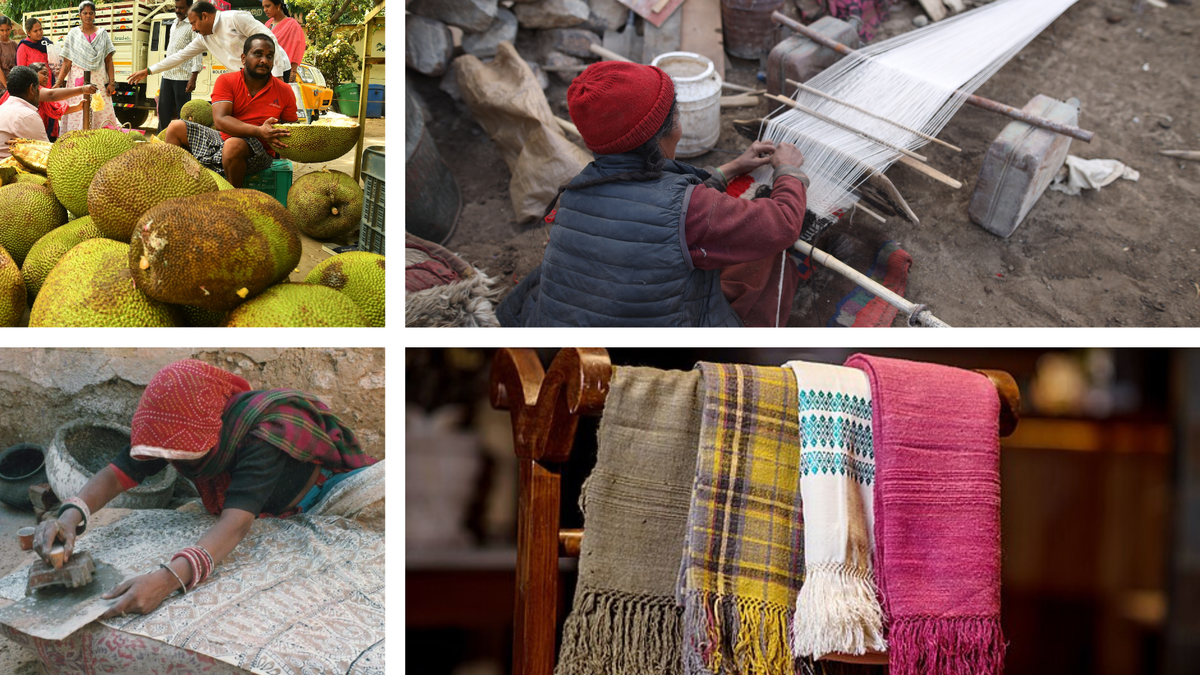











 English (US) ·
English (US) ·